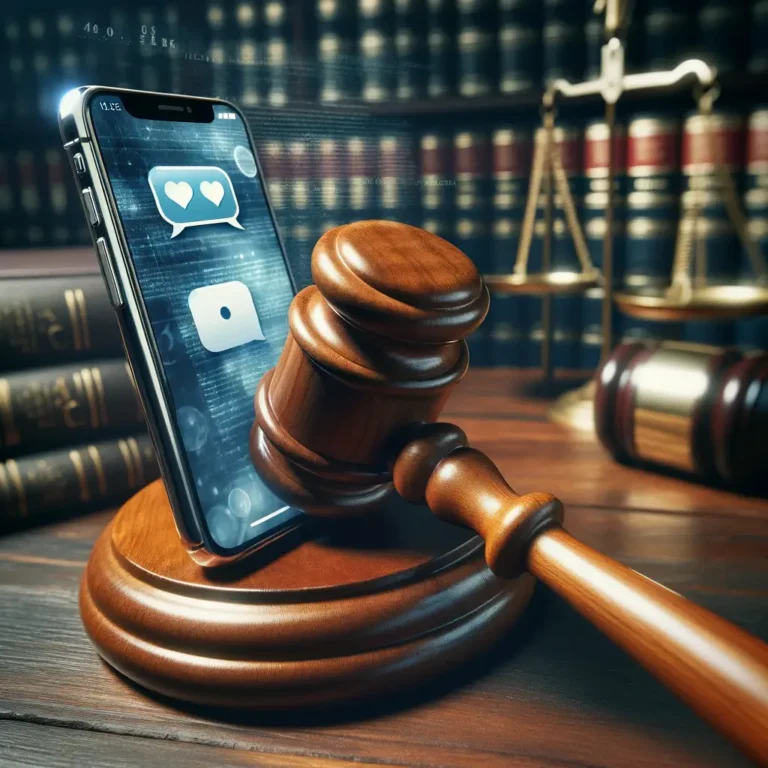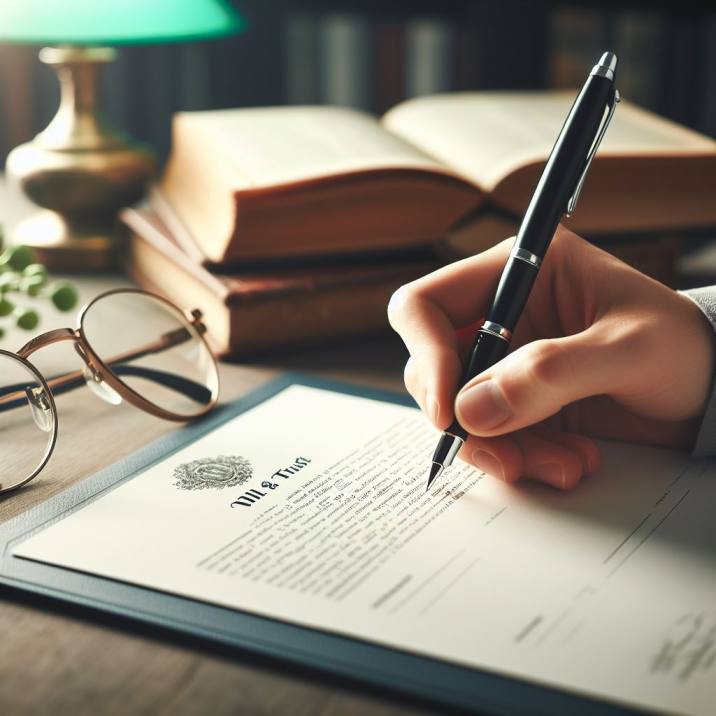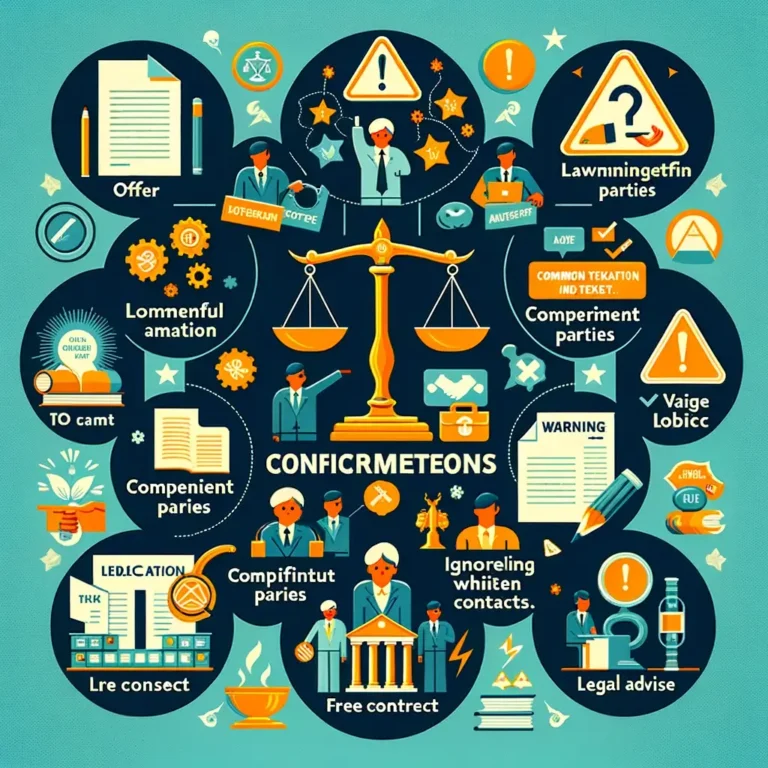In this article we have discussed Role of Forensic Evidence in Murder Trials.In today’s world, solving crimes, especially murder cases, relies heavily on the evidence collected from the crime scene. Among these, forensic evidence stands out for its ability to link the dots in complex scenarios, making it a cornerstone in murder trials under Indian law. This article explores the vital role of forensic evidence in murder trials, highlighting its significance, challenges, and impact on the justice system.
Understanding Forensic Evidence
What is Forensic Evidence?
Forensic evidence refers to scientific findings used in court to solve criminal cases. This can include DNA analysis, fingerprints, ballistic reports, and autopsy findings, among others. It serves as a critical tool for investigators and prosecutors, offering a factual basis for identifying, charging, and ultimately convicting or acquitting suspects.
Importance in Murder Trials
In murder trials, forensic evidence is invaluable. It can not only prove the occurrence of a crime but also link a suspect to the crime scene or victim, establish the time and cause of death, and sometimes, even provide a motive. Given its scientific nature, forensic evidence tends to be highly reliable and is considered impartial, making it a powerful component of the legal process.
The Role of Forensic Evidence in Murder Trials Under Indian Law
Legal Framework
In India, the admissibility of forensic evidence in court is governed by the Indian Evidence Act, 1872, and the Code of Criminal Procedure, 1973. These laws set the guidelines for collecting, preserving, and presenting forensic evidence in murder trials, ensuring that the evidence is accurate, relevant, and handled properly throughout the investigation and trial process.
Challenges in Implementation
Despite its importance, the use of forensic evidence in India faces several challenges. These include limited forensic resources, delays in analysis, potential contamination of evidence, and the need for more skilled personnel in forensic science. These challenges can sometimes hinder the effectiveness of forensic evidence in securing convictions.
Impact on Justice System
Strengthening Investigations
Forensic evidence has significantly strengthened the investigation process, allowing for more precise and scientifically backed conclusions. It has enhanced the ability of law enforcement agencies to solve crimes that would have been difficult to crack using traditional methods alone.
Ensuring Fair Trials
The objectivity of forensic evidence helps ensure that trials are fair. By providing concrete evidence, it aids in avoiding wrongful convictions and ensures that the guilty are appropriately punished, thereby upholding the principles of justice.
Need for Improvement
To maximize the benefits of forensic evidence, there is a need for improvements in infrastructure, training, and resources dedicated to forensic science in India. Enhancing these aspects can lead to quicker and more accurate processing of evidence, ultimately strengthening the legal system’s ability to deal with murder cases.
Conclusion: The Crucial Role of Forensic Evidence
Forensic evidence plays a crucial role in murder trials under Indian law. It not only aids in solving crimes but also ensures that justice is served accurately and fairly. Despite facing challenges, the potential of forensic evidence in transforming the legal landscape is undeniable. With continued improvements and investments in forensic science, its role in the justice system can only grow stronger, making it an indispensable part of solving and prosecuting murder cases in India.
FAQ on The Role of Forensic Evidence in Murder Trials Under Indian Law
1. What is forensic evidence?
Forensic evidence refers to scientific findings used in legal proceedings to help solve crimes, including DNA, fingerprints, and ballistic reports.
2. How does forensic evidence help in murder trials?
It can link a suspect to a crime scene, establish time and cause of death, and sometimes provide motive, making it critical for solving cases.
3. Is forensic evidence reliable in court?
Yes, due to its scientific nature, it’s considered highly reliable and impartial in the courtroom.
4. Under which Indian laws is forensic evidence admissible?
The Indian Evidence Act, 1872, and the Code of Criminal Procedure, 1973, govern the admissibility of forensic evidence.
5. Can forensic evidence alone convict someone in India?
While powerful, it usually needs to be part of a larger body of evidence to convict someone.
6. What challenges are faced in using forensic evidence in India?
Challenges include limited resources, delays in analysis, evidence contamination, and the need for more skilled personnel.
7. How does forensic evidence affect the justice system?
It strengthens investigations, ensures fair trials, and helps in the accurate delivery of justice.
8. Why is DNA evidence considered significant in murder trials?
DNA evidence can uniquely link a suspect to a crime scene or victim, making it highly significant for proving guilt or innocence.
9. What improvements are needed for forensic evidence in India?
Improvements in infrastructure, training, and resources dedicated to forensic science are needed.
10. How do forensic scientists collect DNA evidence?
They collect DNA from blood, hair, skin cells, or other bodily substances found at crime scenes.
11. Can fingerprints found at a crime scene be wrong?
While rare, errors can occur due to poor quality prints or human error in analysis.
12. What role does an autopsy report play in murder trials?
It helps establish the cause and time of death, and can provide evidence of foul play.
13. Are there any privacy concerns with forensic evidence?
Yes, particularly with DNA evidence, there are concerns about privacy and misuse of genetic information.
14. How can forensic evidence be contested in court?
It can be contested by questioning the collection methods, preservation, analysis accuracy, or interpretation of the evidence.
15. What is ballistic evidence?
Ballistic evidence involves the study of bullets and firearm usage at crime scenes, helping link weapons to crimes.
16. Can forensic evidence be used to exonerate someone?
Yes, it can prove innocence by showing no link between the suspect and the crime scene or victim.
17. How long does forensic analysis take?
The time can vary from days to months, depending on the complexity of the evidence and resources available.
18. Is forensic evidence used in all murder trials in India?
While highly useful, it’s not used in all cases, often due to resource limitations or the nature of the crime.
19. Can new forensic techniques reopen closed cases?
Yes, advancements in forensic science can lead to reopening and solving previously closed cases.
20. What is the role of forensic psychologists in murder trials?
They analyze the behavior of suspects and victims, providing insights into motives and mental states.
21. How is digital forensic evidence used in murder trials?
Digital evidence from phones, computers, and cameras can provide crucial information about the crime and those involved.
22. Are forensic experts always called to testify in court?
Not always, but they may be called to explain complex forensic evidence to the jury or judge.
23. How is forensic evidence preserved?
It’s preserved using specific protocols to prevent contamination and degradation, ensuring its integrity for trial.
24. What happens if forensic evidence is mishandled?
Mishandling can lead to evidence being declared inadmissible or questioned, potentially affecting the trial outcome.
25. Can forensic evidence determine the exact time of death?
While it can provide an estimated time frame, determining the exact time of death is often challenging.
26. What is forensic toxicology?
It involves studying substances in the body to determine if drugs, alcohol, or poisons contributed to the death.
27. How does forensic entomology help in murder trials?
It uses the study of insects to estimate the time of death based on insect activity on the body.
28. What is the future of forensic evidence in Indian murder trials?
The future looks promising with technological advancements leading to more accurate and faster analyses.
29. Can forensic evidence be affected by environmental conditions?
Yes, environmental factors like weather and temperature can impact the preservation and analysis of evidence.
30. How does the Indian legal system ensure the ethical use of forensic evidence?
Through strict legal standards for collection, storage, analysis, and presentation in court, ensuring its ethical use.
















